
The Körber European Science Prize 2019 has been awarded to the computer scientist Bernhard Schölkopf. This award, a flagship project of Körber-Stiftung, promotes top-level research and social progress
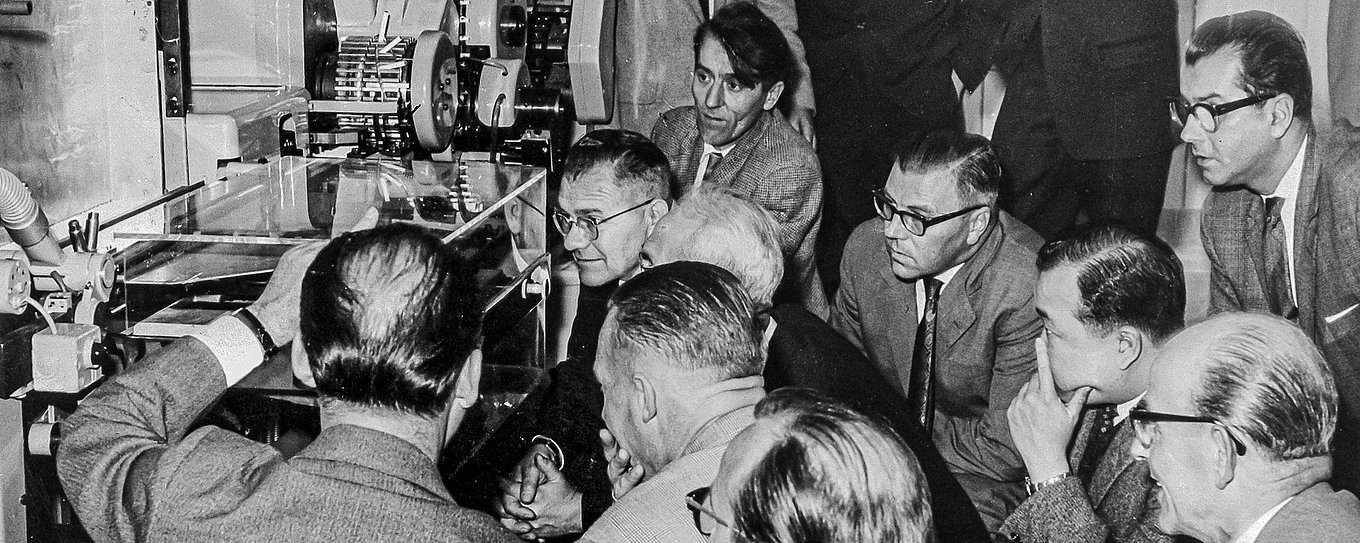
We
The Körber European Science Prize 2019 has been awarded to the computer scientist Bernhard Schölkopf. This award, a flagship project of Körber-Stiftung, promotes top-level research and social progress
Overcoming boundaries, developing mutual understanding, encouraging dialogue — these were the aims motivating the entrepreneur and inventor Kurt A. Körber. When he established the Körber-Stiftung in 1959, he transferred his creative entrepreneurial drive to social issues. As Körber-Stiftung celebrated its 60th anniversary in 2019, it can look back on numerous successful initiatives and projects. All of them have been aligned with its founder’s goal: making society better.
One of the foundation’s central areas of activity is the promotion of research, with the Körber European Science Prize as its flagship project. In 2019 the prize has been awarded to the German computer scientist, mathematician, and physicist Bernhard Schölkopf, a pioneer in the field of artificial intelligence.
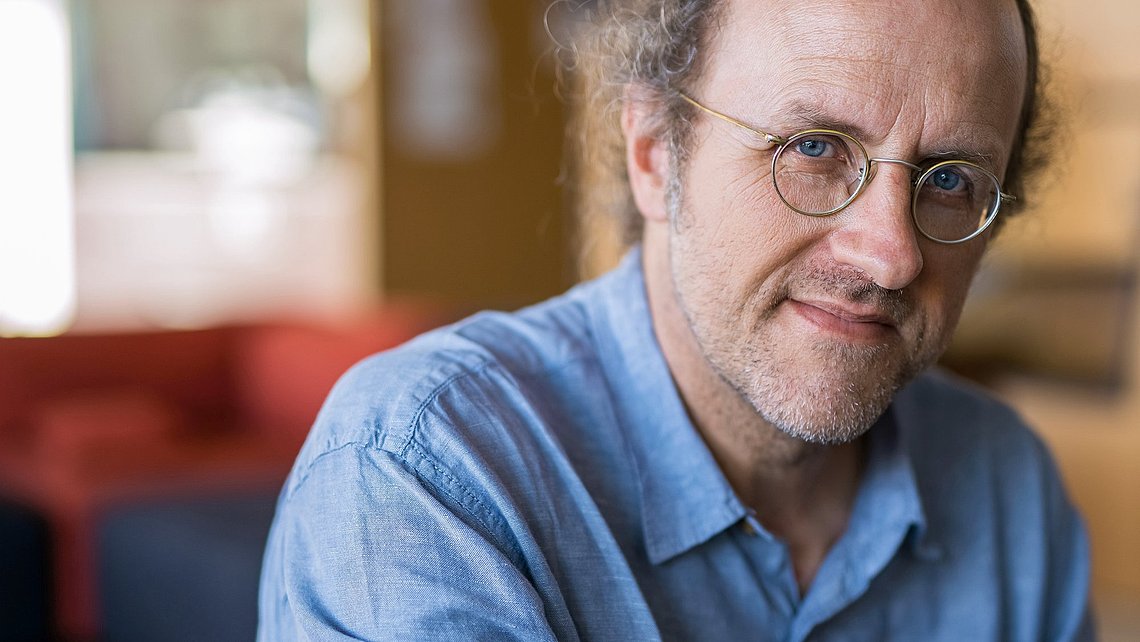
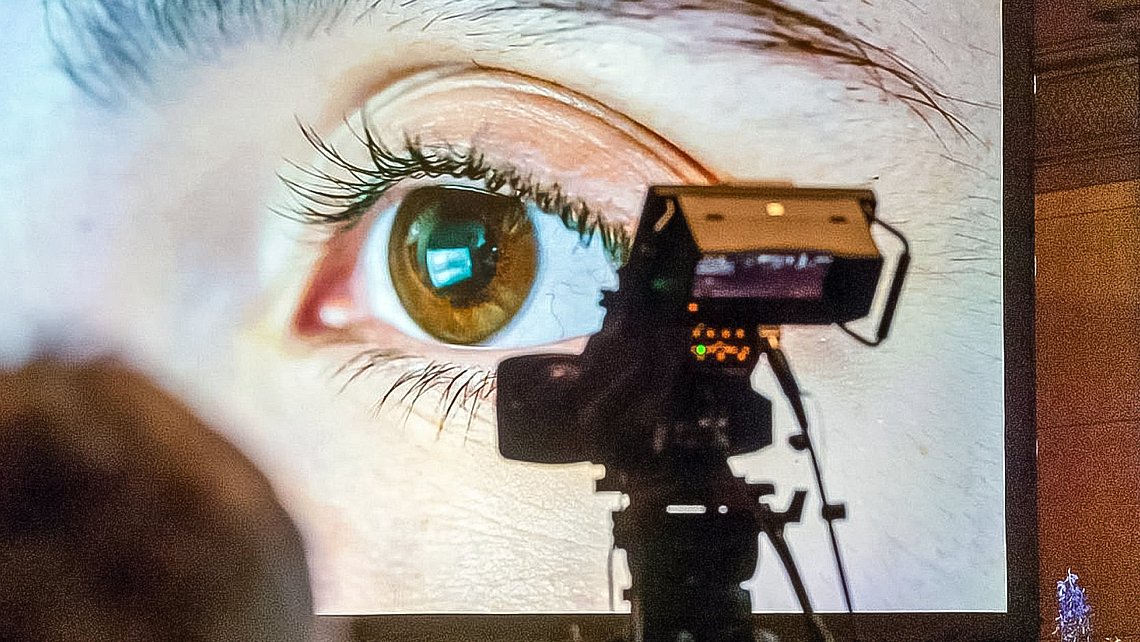
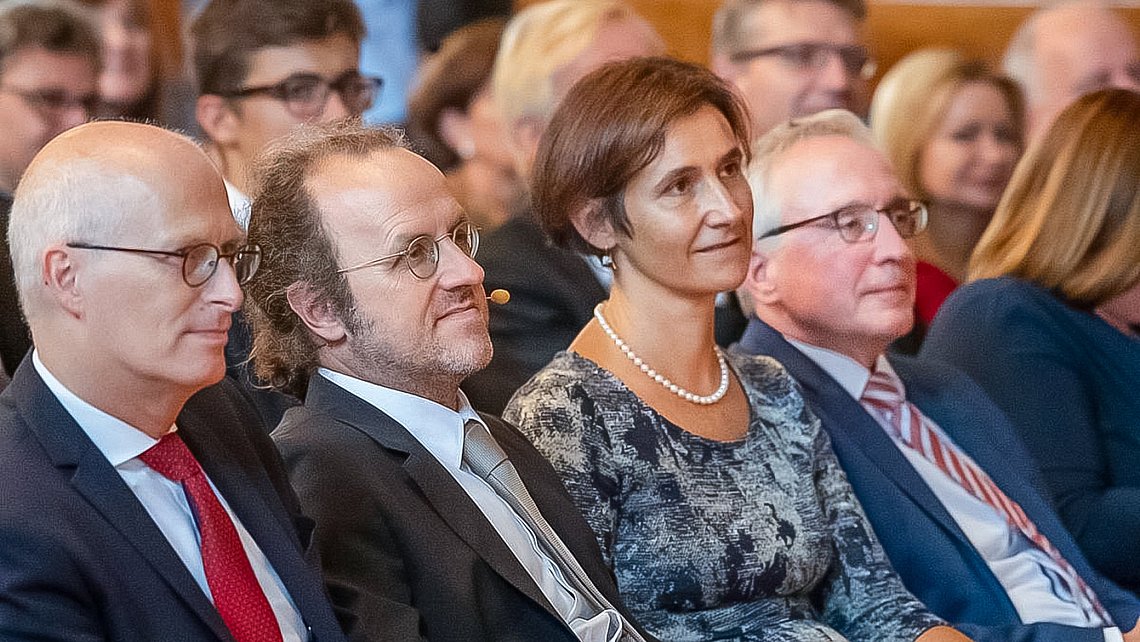
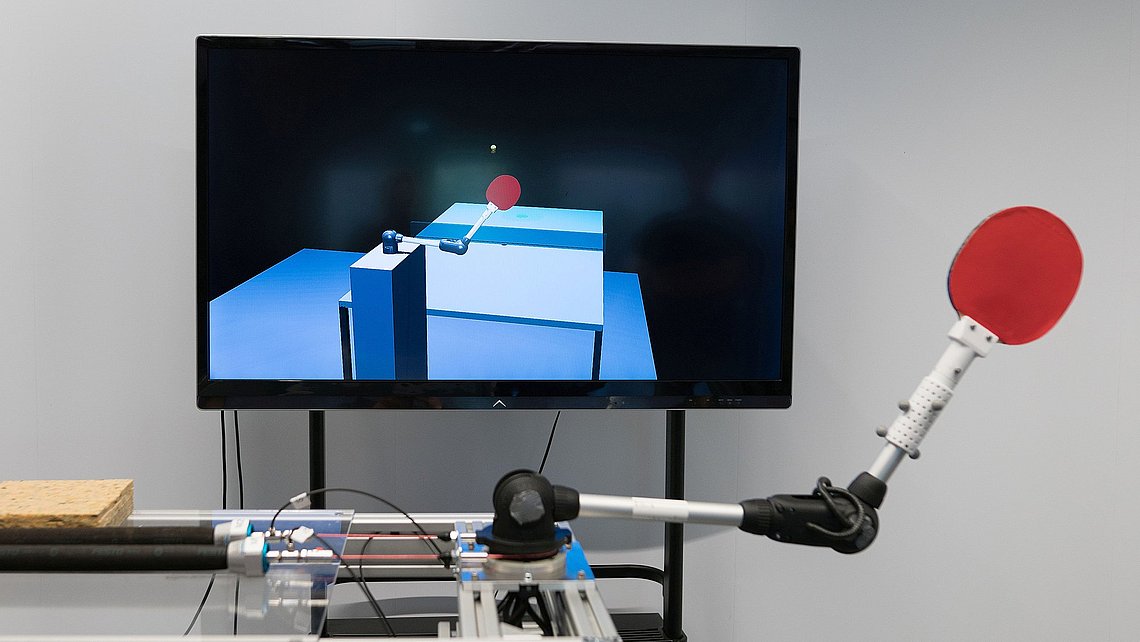
Schölkopf and his team are researching algorithms that can enable computer programs to react flexibly to situations such as those encountered by autonomously driving cars. “His research in the area of machine learning has opened up new paths and is playing a major role in the technological changes that we refer to today as a new Industrial Revolution,” explains Dr. Lothar Dittmer, the Chairman of the Executive Board of Körber-Stiftung.
The Körber European Science Prize honors outstanding scientists working in Europe whose research is marked by a high degree of application potential. To emphasize the significance of its commitment, the foundation has increased the prize money from €750,000 to €1 million as of this year. This move can be seen as a sign of its appreciation of the high-caliber researchers who are the recipients.

lSchölkopf’s research in the area of machine learning has opened up new paths and is playing a major role in the technological changes that we refer to today as a new Industrial Revolution.r
Dr. Lothar Dittmer, Chairman of the Executive Board of Körber-Stiftung
As a private individual, Kurt A. Körber was aware of the significance of the past. But as an entrepreneur, he believed that a focus on the future was essential. He realized that science is a key factor of this approach and that innovations are not only an engine of prosperity but also a precondition for the success of democracy. During his lifetime, the prize was awarded in fields such as the generation of extreme cryogenic temperatures and the prediction of changes in the climate. In 2018 the prize went to Svante Pääbo, a founder of the science of paleogenetics.
“This illustrates our criterion: The scientists to whom we award this prize must have the potential to one day win the Nobel Prize as well,” says Matthias Mayer, Head of the Science Department of Körber-Stiftung. Six of the recipients of the Körber European Science Prize have already successfully done just that. Mayer also believes that the award itself and the increased prize money are a powerful expression of resistance to anti-science attitudes. “We feel concern as we observe the tendency to regard scientific findings and the knowledge based on them as only one opinion among many,” he says. “If the importance of science for our lives does not remain anchored in our society and our political institutions, that is poison for a democracy.”
Last but not least, the prize also expresses the foundation’s commitment to Europe as a center of science — because by accepting this honor the recipients commit themselves to continuing their research activities in Europe. This is especially relevant during an era in which science needs to go on the offensive to clearly assert the social relevance of its findings. As Dittmer explains, “Science is closely linked with ethical issues and decisions and ultimately leads to changes in all of our lives.”

lThe scientists to whom we award this prize must have the potential to one day win the Nobel Prize as well.r
Matthias Mayer, Head of the Science Department of Körber-Stiftung
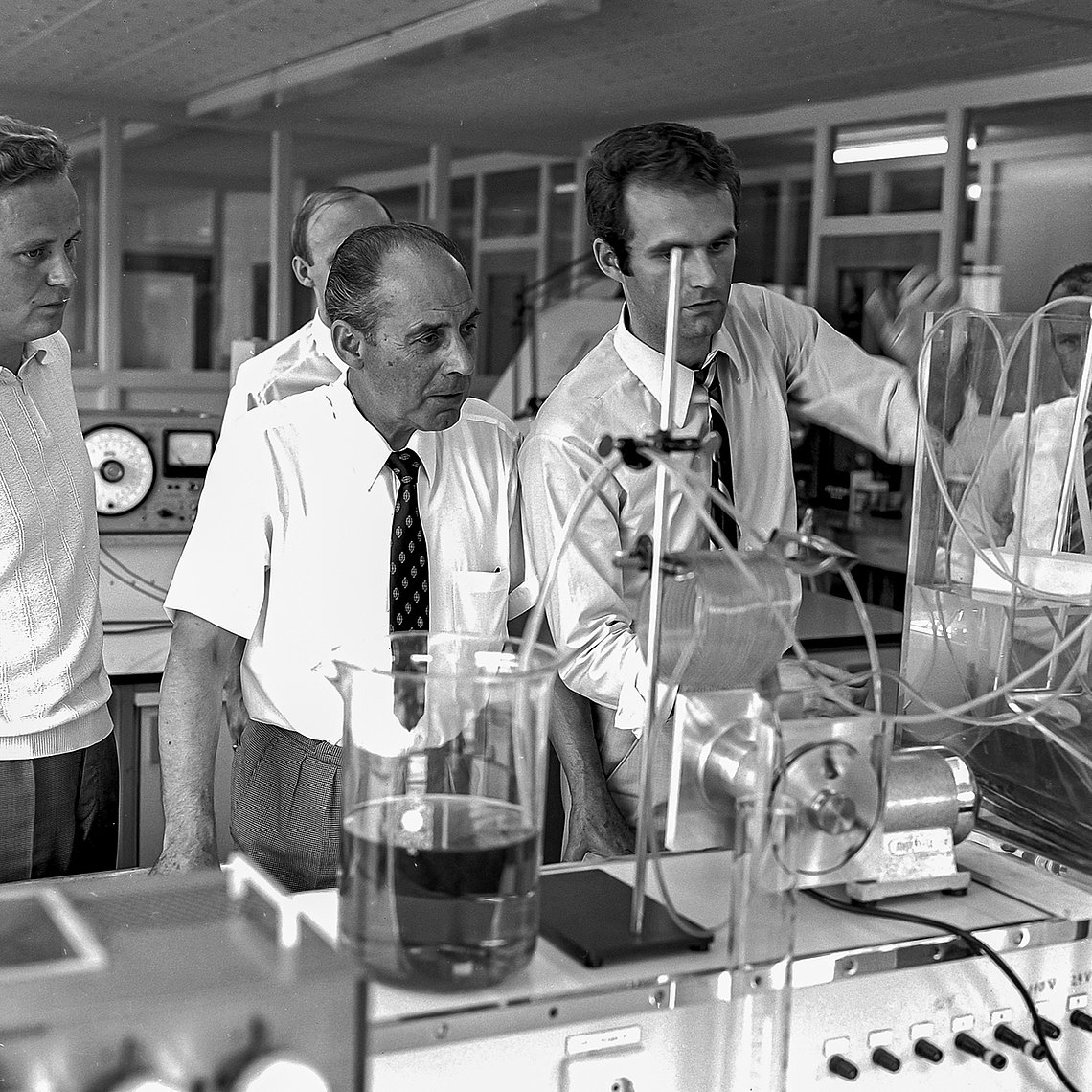
The foundation’s activities actually extend far beyond science. “The more Körbers there are, the better it is for society,” said former German Chancellor Helmut Schmidt once about his friend Kurt A. Körber, who counted the cohesion of civil society as one of his core values. Schmidt spoke about the human side of his companion, this “brash, fast-talking man from Berlin” who left Dresden after World War II and moved to Hamburg, where his achievements have been incredible and exemplary. But Körber wanted to be more than an innovator and an entrepreneur — he wanted to be a creator. “He was convinced that a society will fall apart if it limits its activities to simply earning money,” says Dr. Lothar Dittmer.
lKurt A. Körber was convinced that a society will fall apart if it limits its activities to simply earning money.r
Dr. Lothar Dittmer, Chairman of the Executive Board of Körber-Stiftung
Körber’s idea — to tackle contemporary social challenges by means of projects, networks, and partnerships — lives on. The foundation’s numerous initiatives demonstrate its effectiveness. For example, the Bergedorf Round Table discussion series, which was born during the Cold War, was one of the first round-table events that enabled foreign-policy decision-makers to conduct confidential talks. Today politicians from all over the world still use this platform to meet and discuss the future perspectives of German and European foreign policy in a spirit of constructive criticism. This round table is one of the foundation’s oldest projects.
By contrast, a very young project of the foundation is “Hamburg besser machen” (Making Hamburg Better), which addresses the following questions: What kinds of wishes, plans, and ideas do Hamburg’s citizens have for their city? What do they think needs to change? Here too, debating is encouraged, solutions are tried out, and people are inspired to volunteer.
In cooperation with the weekly newspaper Die Zeit, the foundation recently invited Hamburg citizens to engage in “pub talks.” Supported by a host, the participants discussed aspects of the city that they wanted to change. The results of these talks were documented, compiled, and submitted to the Mayor of Hamburg.
Dialogue is always the preferred activity in all of these formats, whether the topic is a large or small issue in culture, society or politics. For example, the Berlin Forum Foreign Policy, which was founded in 2011, has developed into one of Berlin’s most important conferences on issues of foreign and security policy.
lIf the importance of science for our lives does not remain anchored in our society and our political institutions, that is poison for a democracy.r
Matthias Mayer, Head of the Science Department of Körber-Stiftung
“We basically operate like a creative agency,” says Dittmer. “We address major issues, and we try to identify deficits in society by means of studies, surveys, and discussions with our target groups.” The foundation’s approximately 100 employees at its locations in Hamburg and Berlin support about 40 projects. These projects currently focus on three topics: “A new life in exile”, “Technology needs society”, and “Keeping Europe together”.
According to Dittmer, the foundation is essentially a research laboratory that conducts its experiments in the midst of society. The objective of these experiments is still Kurt A. Körber’s lifelong goal: to create a place where people can talk to one another rather than about one another, with the shared goal of making society better.